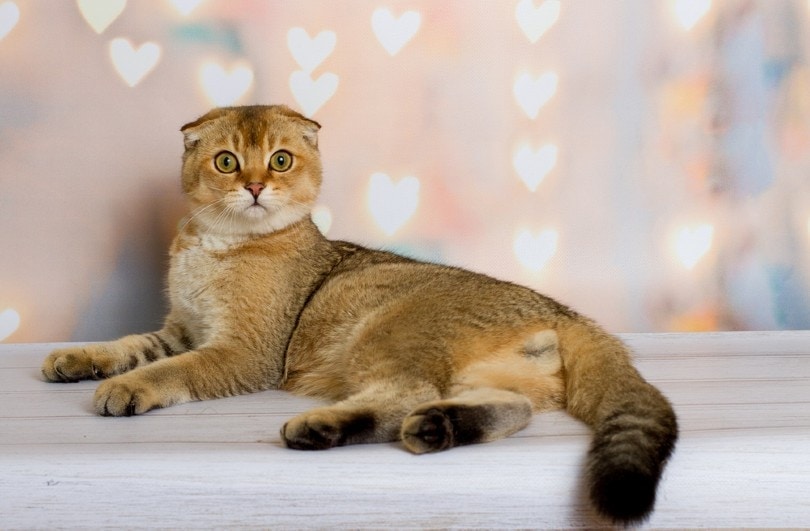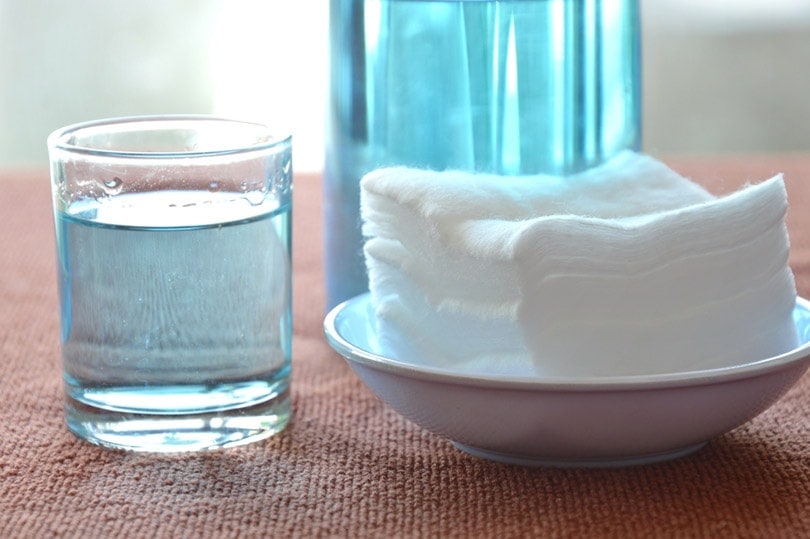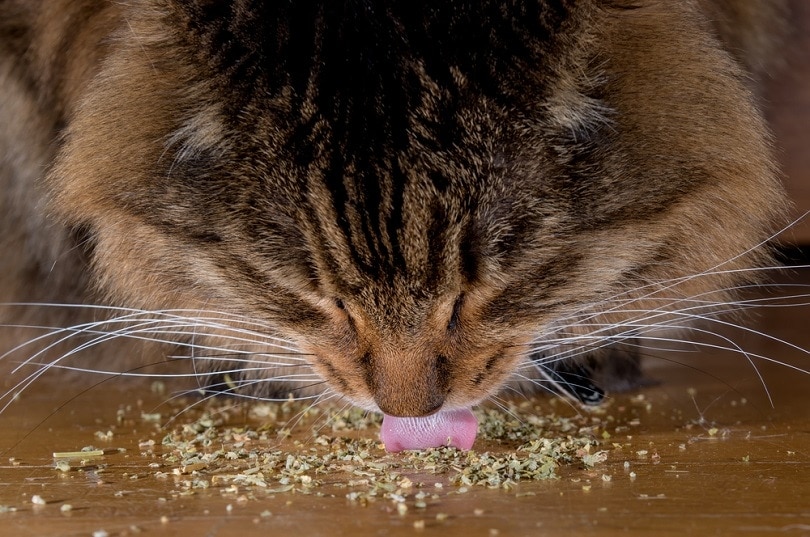Does My Cat Need Sunlight to Stay Healthy? The Interesting Answer!
Updated on
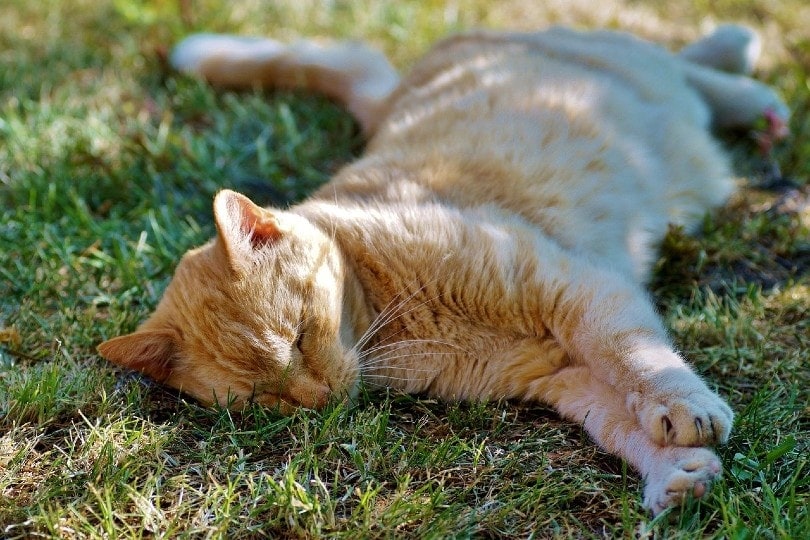
You’d think as often as you see your cat lying in the sun that it’s vital for its good health. That’s part of what makes a window perch such an ideal gift for your feline companion. Your pet enjoys its time in the sun simply because it’s warm and feels good. You probably think the same way when you go sunbathing. However, there’s a fine line between a need and a want.
The truth is that cats don’t need sunlight. However, they certainly enjoy it! Cats end up getting most of their vitamin D from their diet 2 . With that said, we are firm believers that even though your cat might not need time in the sun, it is certainly recommended for living things to thrive.
Vitamin D and Your Cat
The Association of American Feed Control Officials (AAFCO) provides nutrient guidelines for pet food manufacturers so that they can produce complete and balanced diets for animals. Often, the requirements vary depending on the species and life stage. Vitamin D is among those essential nutrients for cats.
The AAFCO recommends kittens and pregnant/lactating females get a minimum of 750 IU/kg, whereas adults should get at least 500 IU/kg. The upper limit for any cat is 10,000 IU/kg. An animal with a vitamin D deficiency is at risk of developing rickets and other serious health conditions. It’s crucial for proper development and bone growth.
The maximum exists because vitamin D is fat-soluble, meaning it builds up in their system and is used as needed, not unlike fat stores. This nutrient can reach toxic levels if an animal ingests too much over time.
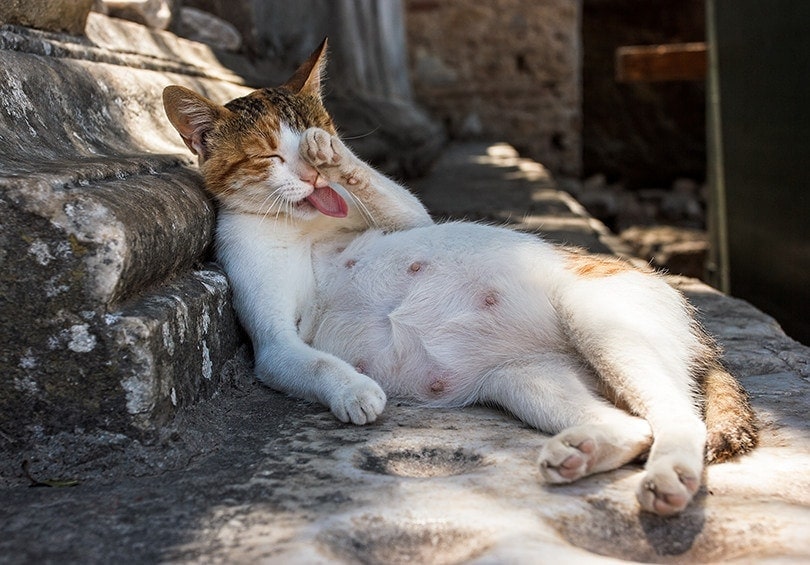
The Sunshine Vitamin
Undoubtedly, you’ve heard vitamin D referred to as the sunshine vitamin. The reason is that sunlight exposure stimulates the formation of previtamin D3 in humans and other animals. Further exposure induces chemical reactions to turn it into a usable form. Few quality nutrient sources exist. That’s why your mom told you to play outside as a kid. About 15 minutes of exposure meets your vitamin D needs.
However, the process with cats and dogs is different, despite them sharing 90% and 84% of our DNA. It may surprise you to learn that sun exposure doesn’t stimulate vitamin D synthesis in either animal’s body.
Wild canines and felines are primarily crepuscular or nocturnal, which coincides with times their prey are active. Some wolf populations have different activity patterns based on where they live, with Arctic animals being a notable exception. Therefore, it doesn’t make evolutionary sense for these night animals to need sunlight exposure when their lifestyle keeps them away from it.
If this exposure was necessary at some point in the evolutionary past, the trait has been lost to generations of animals that could live under the cover of the night instead of the heat of the sun.
Therein also lies the answer to meeting its need for vitamin D. Cats and dogs can get the required amount through their diet as, presumably, they do from their prey in the wild. It’s another reason we recommend a complete and balanced diet.
The question of whether your cat needs sunlight to stay healthy falls more into a comfort issue than a health matter. However, there’s still another wrinkle to the story we must discuss.
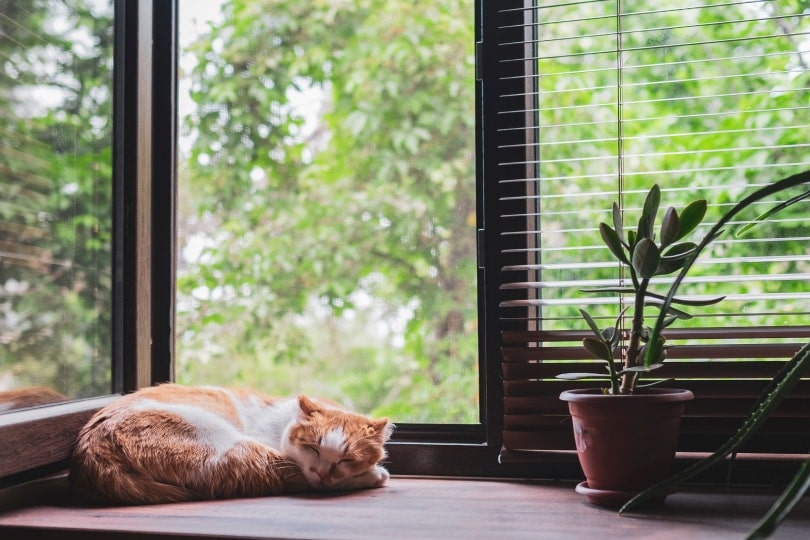
Skin Cancer and Cats
Animals with fur have an advantage over humans. Their coats act as a barrier to harmful UV radiation. Nonetheless, that doesn’t mean your cat is immune to the consequences of excessive exposure. Pets that frequently sunbathe in a window are still at risk of developing squamous cell cancer, one of the most common forms of cancer in cats.
Veterinarians see it most often in light or white-colored cats. However, the cause is the same: excessive sun exposure. With this in mind, it’s worth noting that ordinary house windows only filter out roughly 75% of UVA radiation, the most dangerous type concerning your pet’s cancer risk.
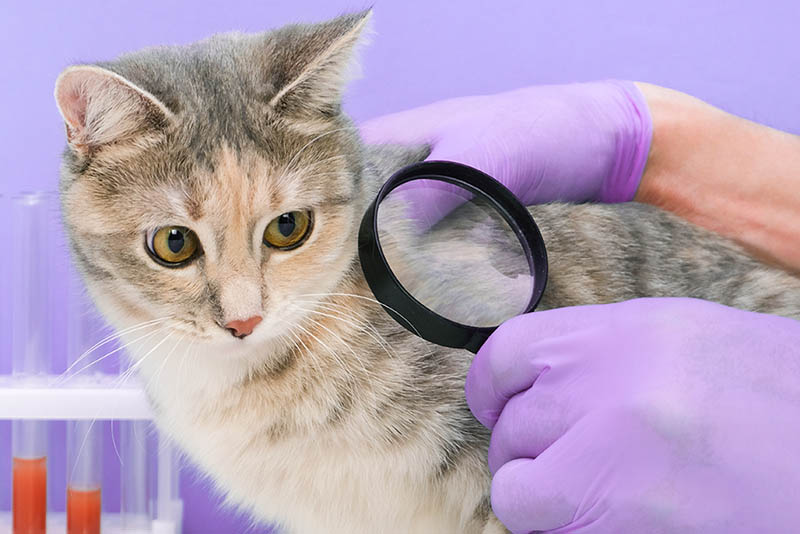
Final Thoughts
Seeing a cat outstretched in the sun seems like a feline version of the purr-fect dream. While it’s not necessary for good health, many pets—feline and canine—enjoy it, nevertheless. Your kitty’s exposure is something to keep in mind, particularly if your pet is light-colored. However, an occasional sunbath won’t likely have a significant influence on its risk of developing a chronic disease.
Featured Image Credit: ivabalk, Pixabay


